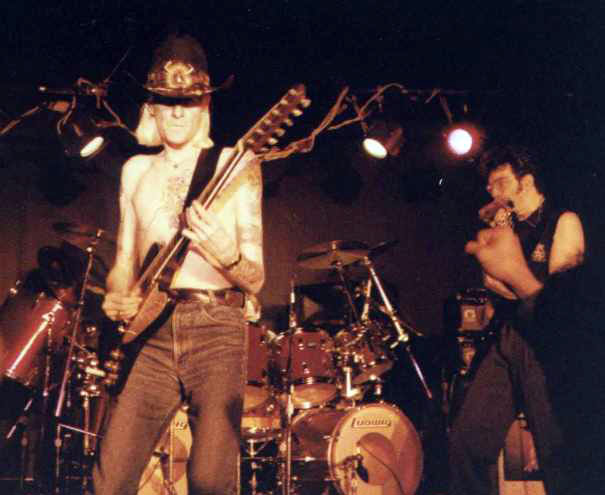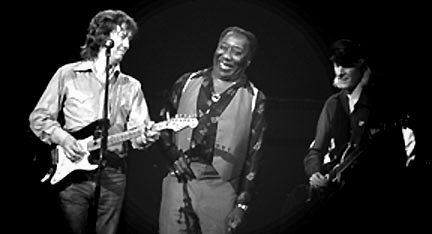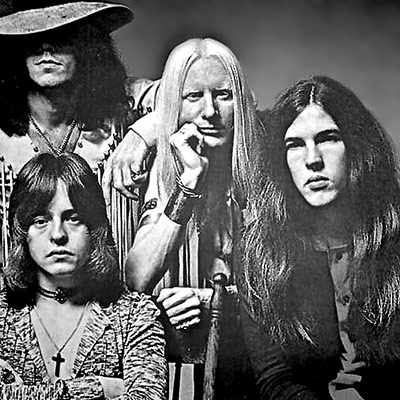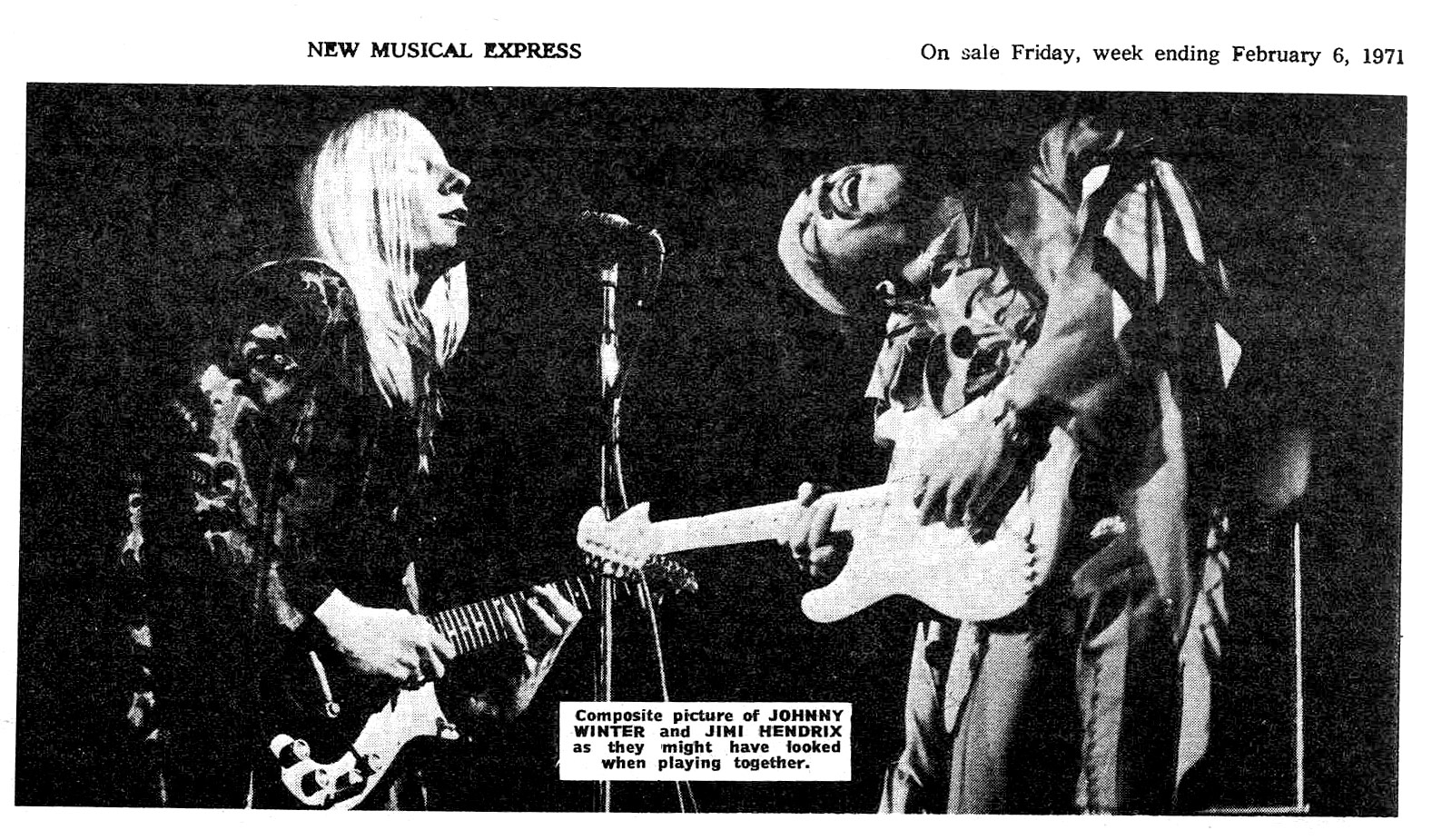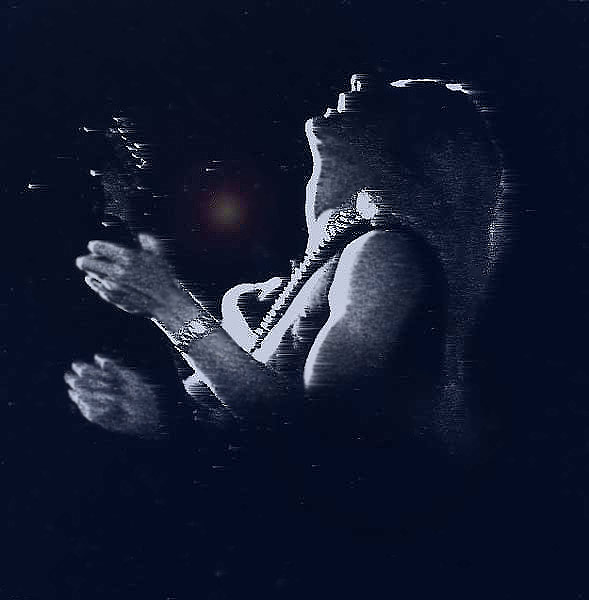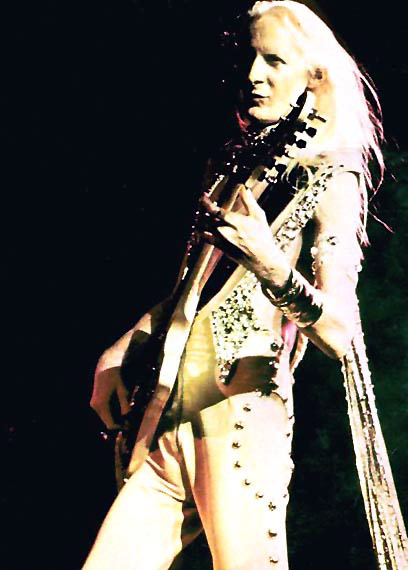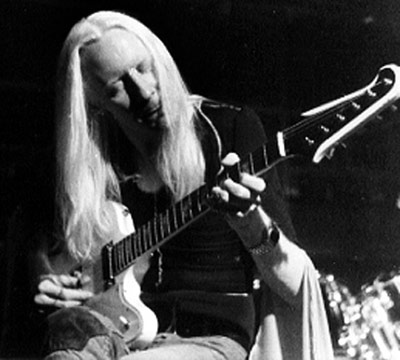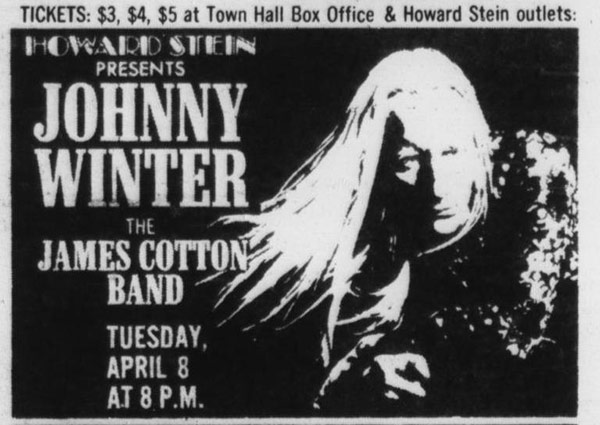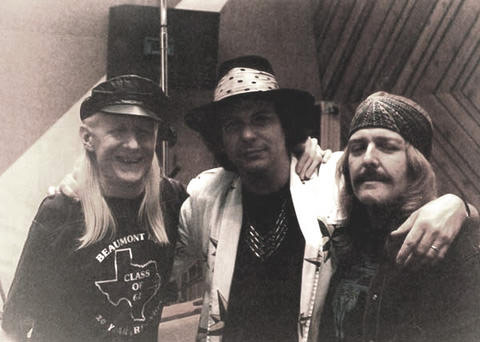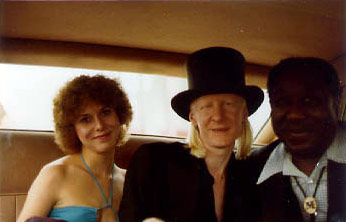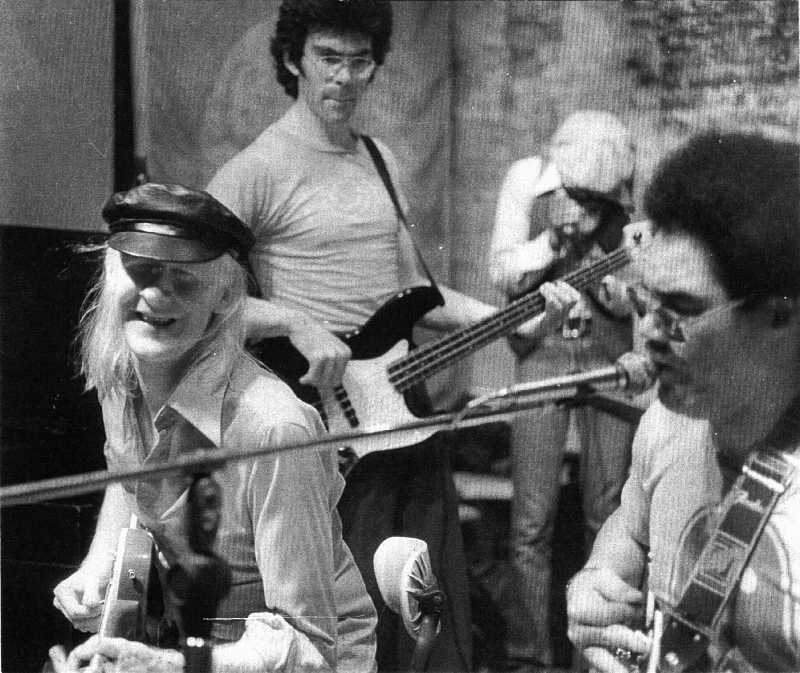In an interview with the Danish newspaper Aktuelt, just before his concert at The Falkoner Theatre in Copenhagen on 9 May 1979, Johnny Winter, the colourful albino guitarist known for his skillful blues playing, reflected on his career and thoughts on music.
Winter candidly admits, "I have never been satisfied with my work until Muddy Waters and I found success together. The last couple of years have been my best—at last, I can play the blues without being booed off stage." He goes on to discuss the resurgence of blues, comparing it to the scene in the late '60s. "Something strange happened in the early '70s—all the blues musicians disappeared, and I don’t know where to. But the blues is back again. A lot of blues people have regained their faith. If Muddy can do it, so can we."
When asked about his rock period with Rick Derringer, Winter explains, "I guess that was what I wanted to do at that time. I always had a special feeling for the blues, but I knew I had to do something different on stage." Today, he feels most confident with his current band, featuring Bob Torello on drums and Jon Paris on bass. "They can play something different all the time—blues, rock—and the freedom I’ve got with that band, I just love it."
While Muddy Waters didn’t join Winter on this tour, Johnny assures fans that the Johnny/Muddy combination will return to Europe soon.
Regarding modern music, Winter is frank: "To be honest, I can't stand modern music. I stopped listening to the radio a long time ago. These days, it's nice to have a good record collection, and I've got that."
Winter, now 34 years old, started playing clarinet at the age of six and formed his first band at 14 with his brother Edgar. He worked hard through the 1960s, but after disappearing from the scene between 1971 and 1973, he faced personal struggles, including drug problems. "For two years, I stopped because of drug issues. I was locked up in a hospital for nine months with no contact with the outside world—the only thing I had was a guitar. I could have killed myself at that time, despite loving my life."
On the dynamics of his band, Winter admits, "I'm a dictator. I can't work with musicians who want to decide too much. All that band meeting stuff—that's not me. But anyway, the two others will write some stuff for the next album." He also confesses, "I'm not a composer. I have to force myself to write music. It's better to play others' music in an original way than to serve up some homemade junk!"
Johnny Winter is set to bring his fiery energy to the stage tonight, captivating the audience with his raw blues sound.
Johnny Winter will play tonight at The Falkoner Theatre Copenhagen 9-5-79.
